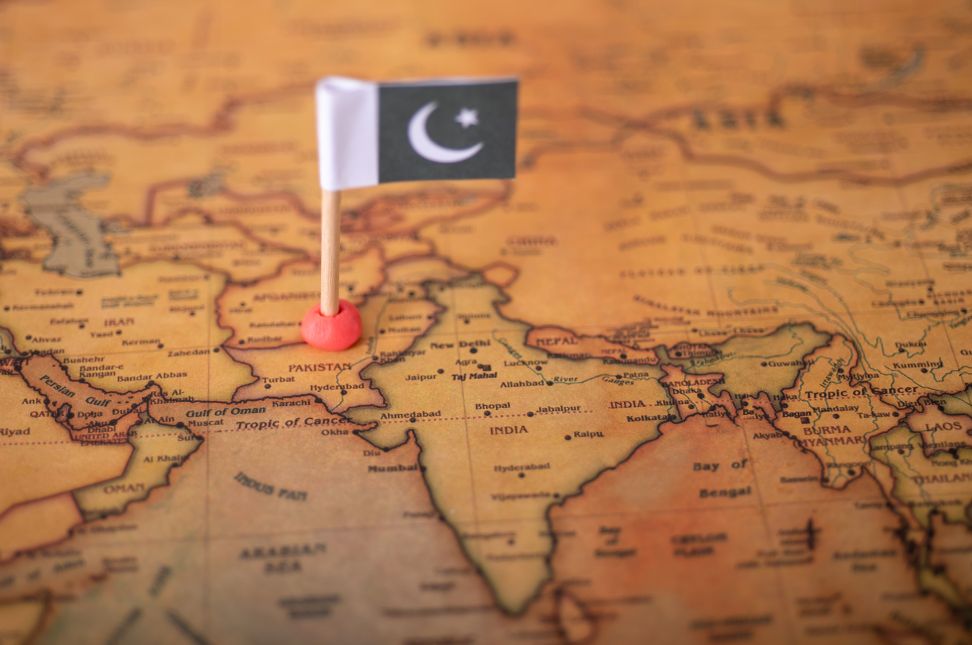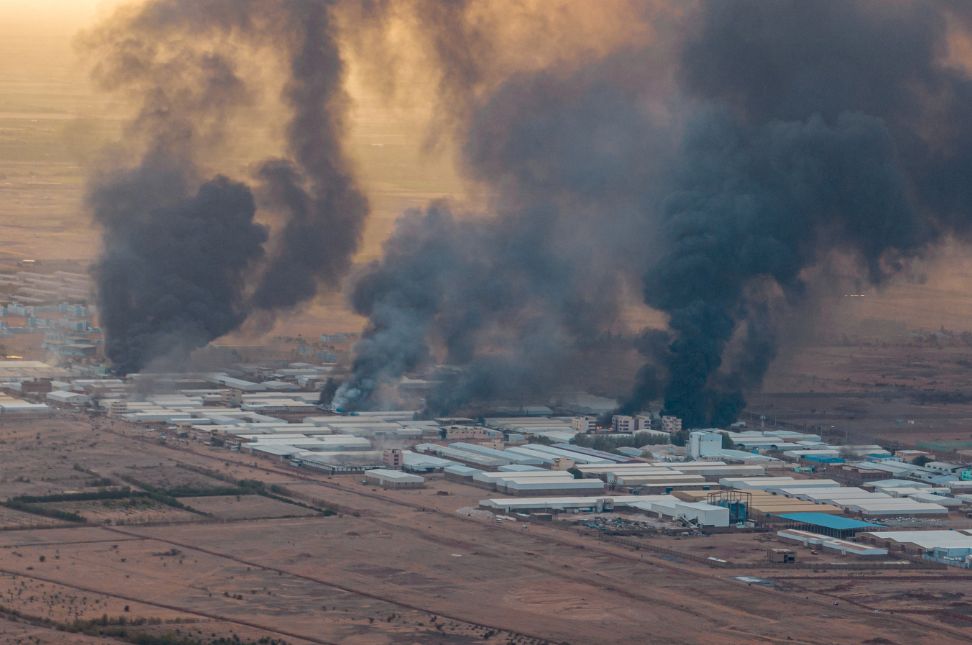September 2 is a date that carries notable historical and cultural significance. From major global events to important cultural observances, the September 2 significance is recognized across various parts of the world. Understanding the impact of this date offers insight into how history, culture, and tradition intersect in meaningful ways.
Historical Events on September 2
1. End of World War II
One of the most prominent aspects of the September 2 significance is its connection to the end of World War II. On September 2, 1945, Japan formally surrendered to the Allied forces, bringing an official end to the war. This event took place aboard the USS Missouri in Tokyo Bay, with General Douglas MacArthur and representatives from the Allied nations in attendance. The surrender marked a turning point in global history, bringing an end to years of devastating conflict and ushering in a new era of peace and reconstruction.
2. Great Fire of London (1666)
Another event contributing to the September 2 significance is the start of the Great Fire of London in 1666. The fire, which began in a bakery on Pudding Lane, quickly spread across the city, destroying thousands of homes and buildings, including St. Paul’s Cathedral. The fire raged for several days, leaving much of London in ruins. However, the aftermath led to significant rebuilding efforts and the creation of modern London as we know it today.
3. Vietnam’s Independence
The September 2 significance also includes Vietnam’s declaration of independence from France in 1945. On this day, Ho Chi Minh, the leader of the Viet Minh, announced the creation of the Democratic Republic of Vietnam in Hanoi, which marked the beginning of the end of French colonial rule in the region. This event is a pivotal moment in Vietnamese history and is celebrated as National Day in Vietnam.
Cultural and Religious Observances
1. V-J Day Commemorations
In the United States and other Allied nations, September 2 is often observed as V-J Day, marking the victory over Japan. The September 2 significance in this context is a reflection of the relief and joy felt by millions as the long and brutal war came to an end. Commemorative events and ceremonies are held to honor those who served and sacrificed during the war.
2. Independence Day in Vietnam
For Vietnam, the September 2 significance is deeply rooted in national pride and the struggle for independence. National Day is a major public holiday, featuring parades, fireworks, and cultural performances that celebrate the country’s freedom and sovereignty. The day serves as a reminder of the resilience and determination of the Vietnamese people.
Notable Birthdays and Anniversaries
1. Birth of Eugene Field (1850)
September 2 is the birthday of Eugene Field, an American writer known for his children’s poetry and humorous essays. Field’s works, such as “Wynken, Blynken, and Nod,” have left a lasting legacy in American literature, contributing to the September 2 significance in the world of arts and culture.
2. Anniversaries in Science and Technology

The September 2 significance is also marked by various milestones in science and technology. For instance, September 2, 1969, is considered the birthdate of the Internet, as the first data was sent between two computers at UCLA. This momentous event laid the foundation for the digital revolution that has transformed the world.
September 2 in Popular Culture
The September 2 significance extends into popular culture, where it is sometimes referenced in literature, film, and music. The date’s historical connections make it a symbol of change, resilience, and new beginnings, themes that resonate in various creative works.
Conclusion
The September 2 significance is broad and multifaceted, encompassing crucial historical events, cultural observances, and milestones in various fields. From the end of World War II to Vietnam’s independence and the Great Fire of London, this date holds a special place in global history. Recognizing the importance of September 2 helps us appreciate the diverse ways in which this day has shaped the world we live in today.




